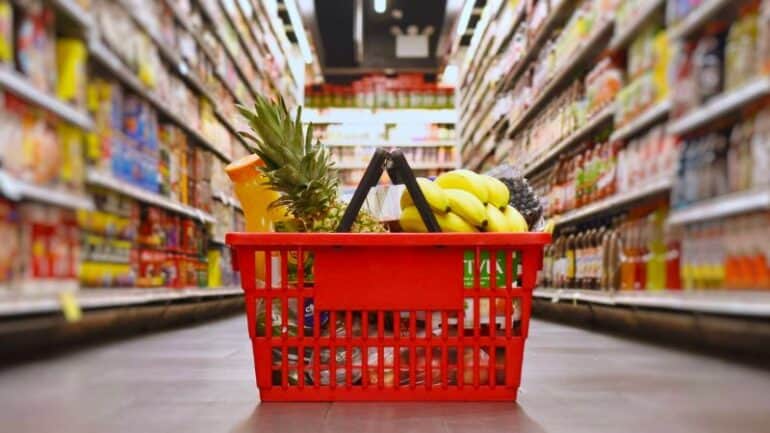Australian Bureau of Statistics (ABS)’s recent data reveals a notable deceleration in inflation, easing concerns about the country’s rising price levels.
The annual inflation rate dropped from 4.9 per cent in October to 4.3 per cent in November, marking the slowest rate of price increases since January 2022.
Stay up-to-date on the latest news with The National Briefing – keeping you in the loop with news as it hits:
The ABS monthly measure attributes the decline to significant contributions from housing costs, particularly rents, along with impacts from the food and insurance sectors.
Economists had generally anticipated a 4.4 per cent increase in the Consumer Price Indicator over the year to November.
The lower-than-expected figures are likely to bolster the sentiment that the RBA may have concluded its recent spate of interest rate hikes.
When excluding volatile prices such as fuel, fruit and vegetables, and holiday travel, the inflation decline remains modest.
However, essentials including housing, groceries and insurance continue to dominate price increase.
Housing, with an increase of 6.6 percent, continued to be the primary driver of the year-to-November rise in the overall cost of living.
Other notable contributors included food and non-alcoholic beverages, registering a 4.6 percent increase, insurance and financial services (excluding interest rates) experiencing an 8.8 percent surge, and alcohol and tobacco showing a 6.4 percent rise primarily fueled by soaring tobacco prices.
ABS head of price statistics Michelle Marquardt said the increase was far steeper for those who do not receive Commonwealth Rent Assistance.
“Excluding these changes to rent assistance, rents would have increased 8.8 per cent over the year to November 2023,” she noted.
“Electricity prices have risen 8.8 per cent since June 2023. Excluding the rebates, electricity prices would have increased 19.0 per cent over this period.”
Subscribe to The Briefing, Australia’s fastest-growing news podcast on Listnr today. The Briefing serves up the latest news headlines and a deep dive into a topic affecting you. All in under 20 minutes.
